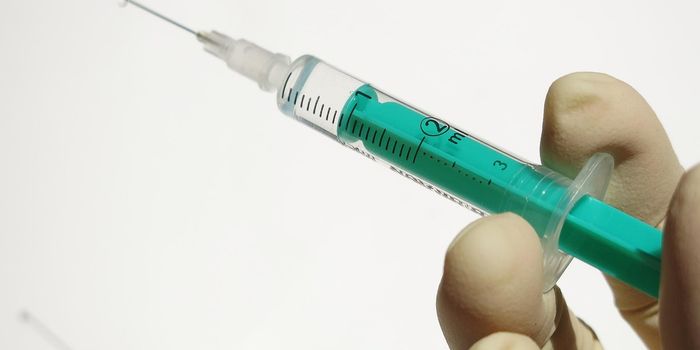New drug reduces tumor size in lung cancer patients with KRAS gene mutation
The most recent results from the CODEBREAK 100 phase 2 clinical trial support the use of the drug sotorasib to reduce tumor size in lung cancer patients with a specific mutation in the KRAS gene. The results were presented late last week at the American Society of Clinical Oncology (ASCO) annual meeting following publication in the New England Journal of Medicine.
The KRAS gene is responsible for encoding a protein that regulates growth. The researchers pinpointed a specific KRAS mutant protein called p.G12C that occurs in about 13% of people diagnosed with lung cancer. In the presence of this mutation, the KRAS protein is permanently in the "on" mode", meaning cells don’t stop multiplying and develop into tumors.
In the United States alone, over 200,000 people receive lung cancer diagnoses every year. The urgency to find a treatment that targets the KRAS mutation could not be greater, given that many patients become resistant to other forms of treatment. Sotorasib is a drug developed by Amgen Inc. It was tested in the CODEBREAK 100 phase 2 clinical trial in 126 patients with non-small-cell lung cancer and KRAS mutation.
The clinical trial’s findings showed that 37.1% of patients in the study saw their tumors shrink by at least 30%. Additionally, approximately 82% of those who received the daily oral dose of sotorasib experienced some slowing of tumor growth.
"The excitement surrounding this trial result is that sotorasib, just approved for clinical use, becomes the first targeted therapy for lung cancer patients with KRAS mutations," says co-corresponding study author Vamsidhar Velcheti, MD, associate professor of Medicine at NYU Grossman of Medicine, and director of thoracic medical oncology at Perlmutter Cancer Center. "KRAS-targeted treatments, decades in the making, are urgently needed for these patients with limited therapeutic options."
"Sotorasib showed clinically significant benefit without any new safety concerns in patients with this specific form of KRAS mutant lung cancer," adds co-corresponding author Ramaswamy Govindan MD, the Anheuser Busch Chair in Medicine at Washington University School of Medicine. "Moving forward, our team will seek to inform the development of combination therapies featuring sotorasib and other emerging drugs, and to determine which best fit the mix of mutations in each patient's cancer cells."
Sources: New England Journal of Medicine, Eureka Alert








